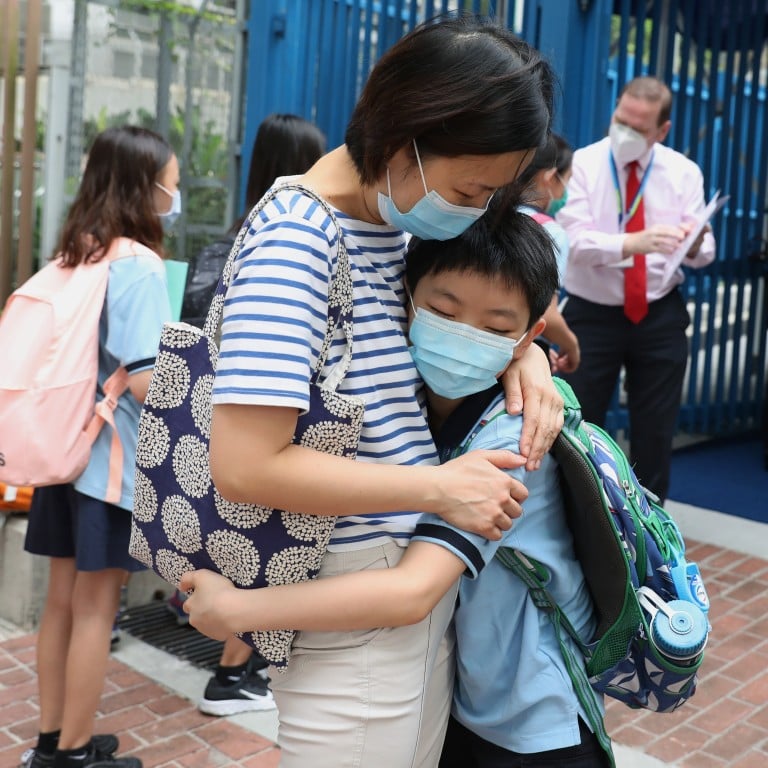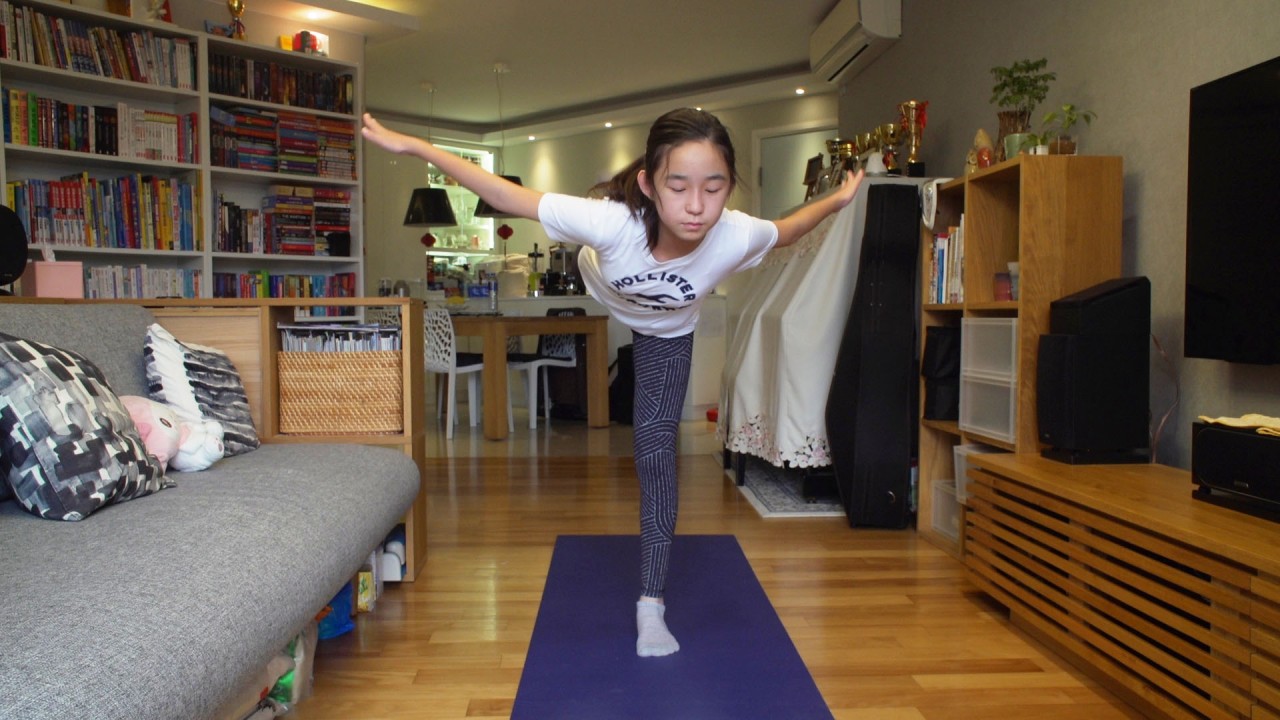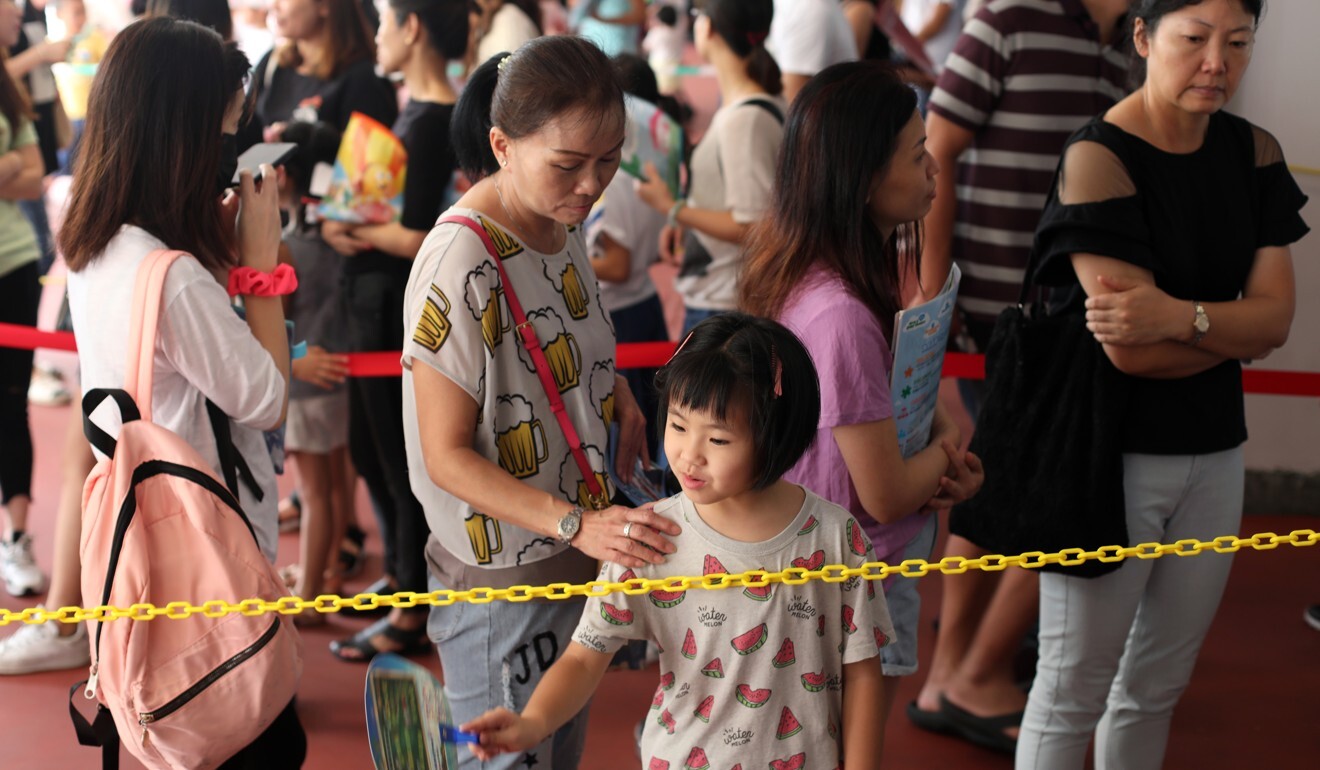
How Hong Kong parents and children can survive and thrive during online learning
- It is understandable that children will have more difficulty with online learning, where many of their psychological needs aren’t met. Parents must realise that grades do not predict children’s career prospects and sidestep power struggles over homework
For working parents, who spend their days enjoying the success of managing projects, driving sales or providing professional services, it is extremely frustrating to not be able to accomplish the seemingly simple task of having a six-year-old sit still and finish his homework. Having young children do as they are told seems like mission impossible.
Is there a magical strategy that parents can use so that children will listen? Perhaps understanding the dynamic that drives the homework struggle can help us approach our children differently.
First, a young child’s world is still very sensory driven. The school environment is clearly more stimulating than a flat screen. Young children also need structure, which again the school environment provides. They also fill their relational cups from interacting with teachers and peers at school.
So it is understandable that children will have more difficulty with online learning, where many of their psychological needs aren’t met.

03:51
Hong Kong secondary students learn online amid coronavirus fears
Second, most parents use grades to evaluate their children. Grades are not understood as snapshots of how children perform at a particular time, but misconstrued as predictive: an overall representation of how smart and capable their children are and how well they will do in the future.
Bad grades, in some parents’ minds, mean a child is doomed, for life. Some parents therefore put in frantic efforts to ensure their children will not fall behind. Certain measures that parents implement to bring children’s grades up might not be productive, because the underlying factors of underperforming are not addressed.
An unfortunate consequence of this war on homework is that tension and frustration rip through the home. This stresses out the children more, and so they perform even more poorly, which stresses out the parents further.
Third, for parents who are used to enjoying professional success, the challenge of facing an uncooperative child can feel so personal that it threatens our sense of identity, because our child’s behaviour doesn’t conform to our idea of who we are (that is, we are intelligent and competent people whom others respect and listen to, and who have the know-how to get things done).
It is not uncommon for working parents to feel extremely helpless when disciplining their children. To combat this, parents might be tempted to try even harder to have a child comply, which can evolve into a power struggle.

So, what is the solution to the homework war? Perhaps it is useful to go down memory lane. Some parents might remember that when they were a child, they were very fond of a particular teacher and they did very well in that subject. When a child feels loved and cared for by an adult, they naturally want to do well and cooperate.
The first step therefore is to cultivate a cooperative spirit by spending time playing and talking with your child (and not about homework), to get the parent-child duo into a bonding mode and out of the power-struggle mode.
It’s also important for parents to remember that bad grades are not life sentences, and children naturally do better in some subjects and less so in others. Most importantly, grades are not an over-aching evaluation of your child. Or of you.
It is also important to remember a healthy and manageable dose of rebelliousness is an expression of agency and independence. An excessively compliant child might be lacking in independence, assertiveness and critical thinking skills, qualities that foster long-term success. In terms of psychological well-being, we want children to feel that their own agency and preferences are respected. The need to rebel, to assert that we have our own minds, after all, was the reason we got kicked out of Eden; it clearly has a deep place in our psychology.
Dr Bertie Wai is a clinical psychologist at Beautiful Mind Therapy and Family Services in Hong Kong

